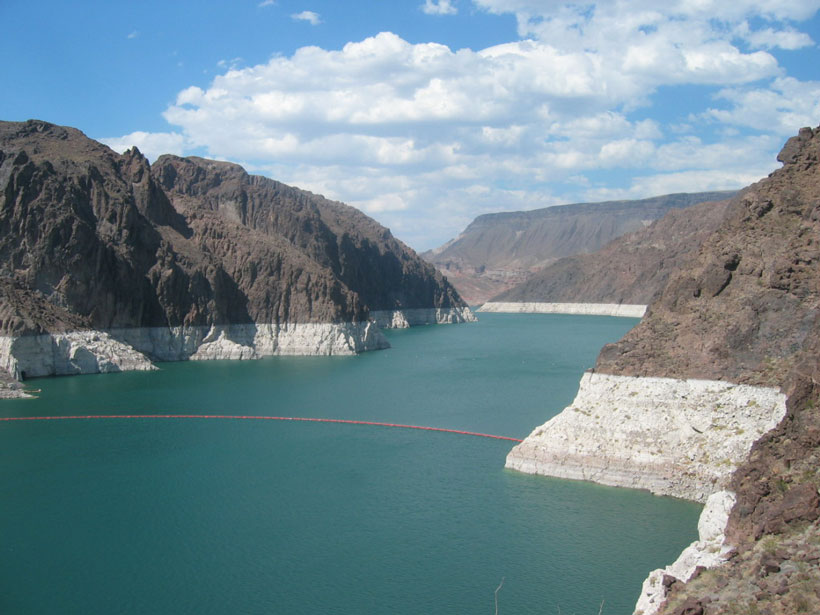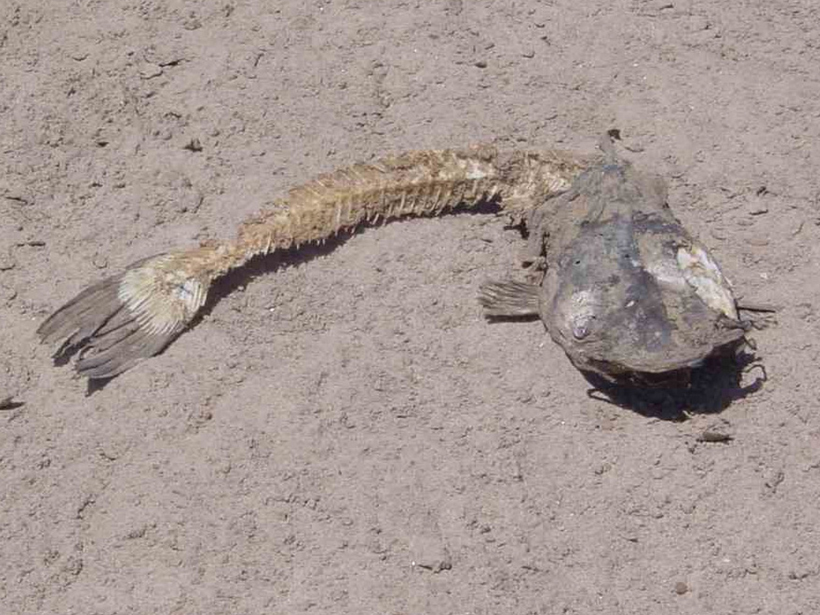Understanding Historical Changes in the Flow of the Colorado River; Boulder, Colorado, 24–25 September 2018
B. Livneh
Posted inScience Updates
New Interest in Reservoir Evaporation in Western United States
Reservoir Evaporation Workshop; Boulder, Colorado, 22–23 October 2015
Posted inOpinions
How Can We Better Understand Low River Flows as Climate Changes?
When rivers run low, they threaten ecosystems, economies, and the communities who depend on them. Scientists need to determine how climate change alters this process, but to do so, they'll have to abandon a long-held assumption.



